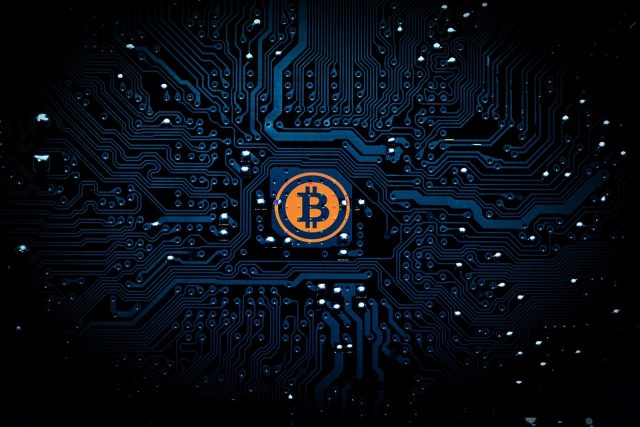What is Blockchain?
A blockchain is a public ledger of all cryptocurrency transactions. This is different from an ordinary bank ledger in that it does not require any kind of central overseeing authority to maintain the records. Each transaction block is added or removed according to predefined rules, which can be verified by anyone who has access to the entire blockchain network.
The Future of Blockchain
Most financial
institutions are actively investing in research to find new uses for blockchain
technology. The potential applications for this relatively new protocol are
endless, and it's growing exponentially as developers continue to work on ways
to apply the technology. As with any disruptive advancement, there are
technical, legal, regulatory, and ethical obstacles that need to be navigated
before blockchain is adopted by the masses.
So, where are we headed? What does the future of blockchain look like?
Here's a glimpse...
● Smart contracts that trigger
payments as soon as certain conditions are met—like the completion of a product
or service—can be created on blockchain platforms, resulting in dramatic
increases in efficiency and reductions in transaction costs for insurance
companies. This could lead to the creation of peer-to-peer insurance platforms
with no need for middlemen to manage the transactions.
● Healthcare Many healthcare providers
are exploring blockchain's potential to securely store patient records and
share them with authorised professionals or patients. The technology could
eliminate the need for paper-based systems, streamline information sharing both
inside and outside health care organisations—for instance, between hospitals
and insurance companies—and empower patients by giving them control over their
own data.
● Real Estate Blockchain-based records
could make it easier for homebuyers to get information on property deeds,
liens, and other important details without having to pay hefty fees to a county
clerk. A new system based on blockchain would give homeowners access to their
personal property history, even if they move multiple times during their
lifetime.
● In the retail industry, blockchain
technology could speed up transactions and allow companies to deploy smart
contracts that automatically complete their part of an agreement once certain
conditions are met. This would improve trust among buyers and sellers while
also speeding up transaction times.
● Government Blockchain has the
potential to transform government services, such as welfare benefits
distribution, by transferring funds and providing transparency in the
distribution of resources. This would reduce the risk of fraud while lowering
transaction costs for governments and citizens.
● Crowdfunding Blockchain technology
makes crowdfunding safer and more secure by providing a decentralised database
where "investors" can keep their money until projects meet
predetermined milestones and all conditions are met. It also allows companies
to convert their cryptocurrency into fiat currency when needed.
Obstacles
But before we
see widespread adoption of blockchain technology in these industries, a number
of obstacles will need to be addressed. These include the relatively untested
nature of blockchain technology and concerns over its energy consumption, as
well as how it will integrate with legacy systems and ever-changing
regulations.
Blockchain is
still a relatively new technology, so its long-term viability remains to be
seen, as do the legal implications of using blockchain for storing sensitive
data like health records and property titles. Public trust in the technology
may hinge on each, and every party involved adhering to security best practices
that keep data safe.
Blockchain's
energy consumption has been cited as an obstacle standing in the way of its
widespread adoption—the technology requires massive amounts of computing power
to verify transactions, so it's not yet feasible for many organizations.
While
blockchain is decentralized by nature, the software technology that underpins
the virtual ledger has to be hosted on servers (or nodes) instead of being decentralized
like its data—this runs counter to one of blockchain's core benefits.

